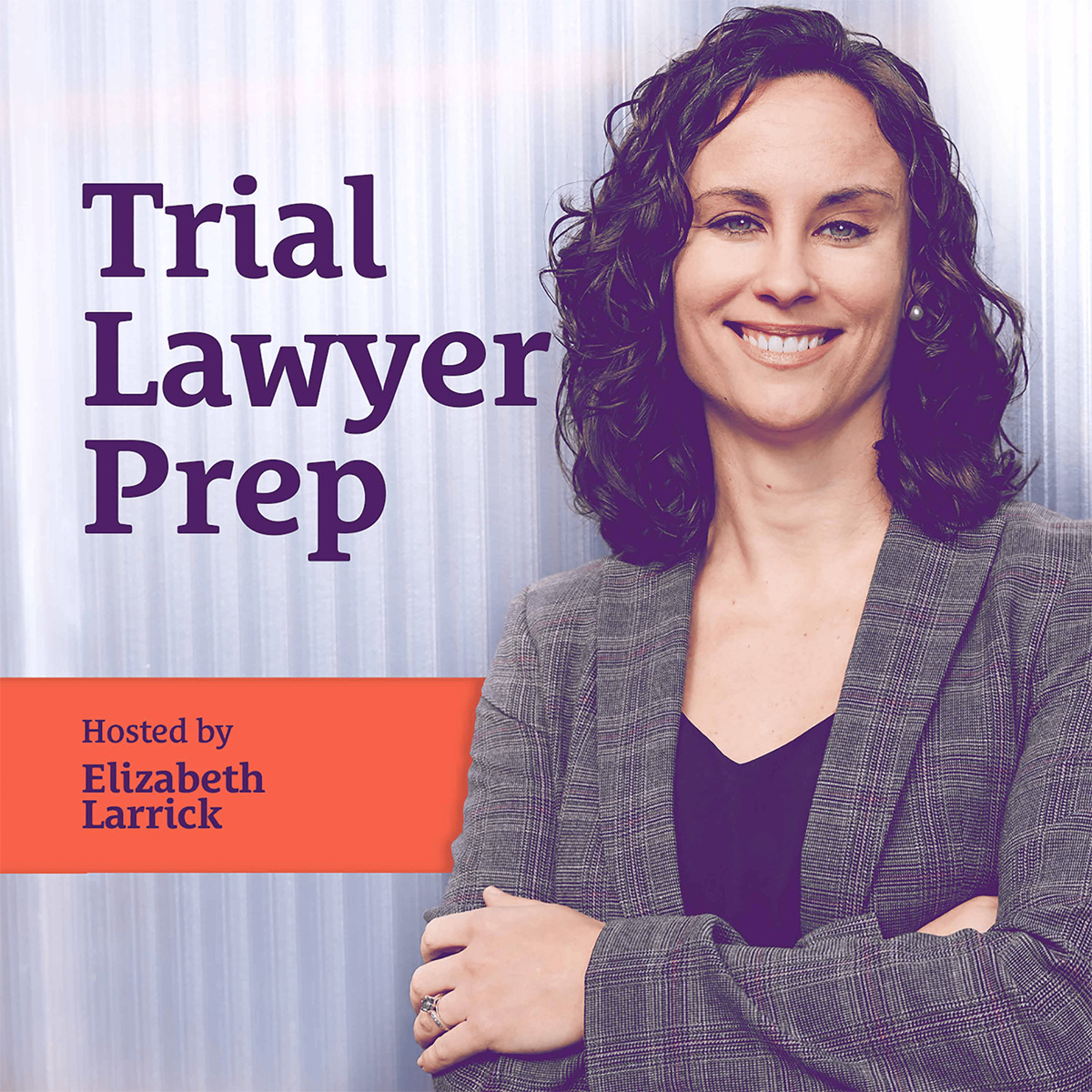Personal Injury Lawyers: Watch out for THIS Harmful Assumption You May be Making In Your Cases
Can you really trust your instincts when it comes to trial preparation? In this episode, we uncover the hidden pitfalls of overestimating evidence clarity and the transformative power of focus groups. Drawing from extensive experience with over a thousand focus groups, we reveal why lawyer assumptions often miss the mark and how understanding the jury’s perspective can be a game-changer in the courtroom.
Learn practical examples of cases where the evidence seemed crystal clear but proved to be surprisingly ambiguous. We’ll also discuss the importance of not relying solely on recent jury verdicts or seasoned instincts and explore how focus groups can offer invaluable insights into how jurors interpret evidence. Don’t miss this essential guide for trial lawyers aiming to refine their courtroom strategy and build stronger connections with juries.
In this episode, you will hear:
- Why you shouldn’t base your assumptions solely on experience or recent jury verdicts
- Video evidence revealing driver’s responsibility
- Challenges with video evidence in court
- Avoiding communication mistakes in legal strategy
Follow and Review:
We’d love for you to follow us if you haven’t yet. Click that purple ‘+’ in the top right corner of your Apple Podcasts app. We’d love it even more if you could drop a review or 5-star rating over on Apple Podcasts. Simply select “Ratings and Reviews” and “Write a Review” then a quick line with your favorite part of the episode. It only takes a second and it helps spread the word about the podcast.
Supporting Resources:
Want to learn more inside tips and tricks for jury research and focus groups?
Sign up for Elizabeth’s monthly email list by visiting: www.larricklawfirm.com/connect
Episode Credits:
If you like this podcast and are thinking of creating your own, consider talking to my producer, Emerald City Productions. They helped me grow and produce the podcast you are listening to right now. Find out more at https://emeraldcitypro.com Let them know I sent you.
